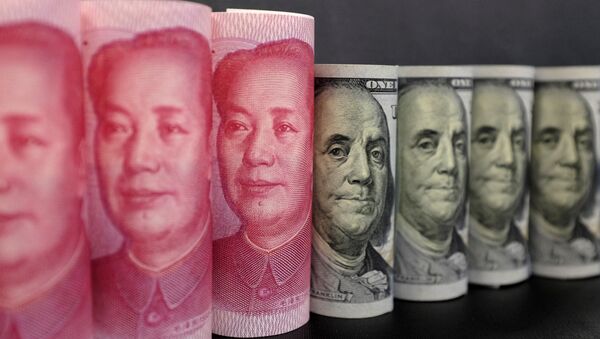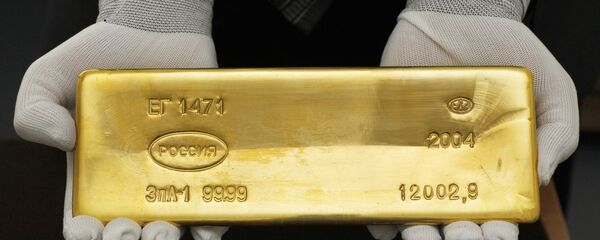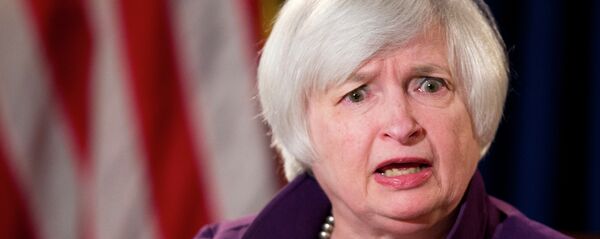On Wednesday, the US Federal Reserve announced a small increase to its key interest rate of 0.25 percent, which raised the central bank's key target rate to a range of 1 percent to 1.25 percent.
Federal Reserve chair Janet Yellen said the rate increase reflected the "progress the economy has made and is expected to make towards the maximum employment and price stability objectives assigned to us by law."
Joseph Gagnon, senior fellow at the Peterson Institute for International Economics and former visiting associate director of the Division of Monetary Affairs at the US Federal Reserve Board, told Radio Sputnik that rates will remain relatively low for some time despite the rate hike.
"It's part of a pattern, they might rise three times this year, they had one last year and one two years ago. So, it adds up but it's slow," Gagnon said.
"I don't think it will affect the long-term mortgage rates that most people take, but things like credit cards, home equity lines, short term car loans, things like that would typically go up by an equal amount, a quarter of a percentage point."
"I think it was all expected, the US economy is doing pretty good, we're pretty close to full employment and inflation is pretty close to the target. Interest rates are still very low so some further rise is probably normal."
While there has been some speculation that the People's Bank of China could follow suit, on Thursday China's interest rates for open market operations remained unchanged.
"It's possible, it puts a little pressure on China to follow suit because they do try to keep their exchange rate so closely linked to the dollar, but they've let go of that a bit in recent years and there are other factors inside China."
The Federal Reserve was able to modestly raise rates because of the US economy's relatively strong performance, in comparison with the US or Europe.
"It's just part of a general pattern we've seen, that the US economy has been stronger than Europe or Japan and investors were afraid of some emerging markets so the dollar went way up on expectations that the US was going to be strong," Gagnon explained.
"That's rewound a bit, people were very optimistic after the election but the dollar's come back down. Emerging markets are looking a bit better, so in the overall picture this is a small piece."



